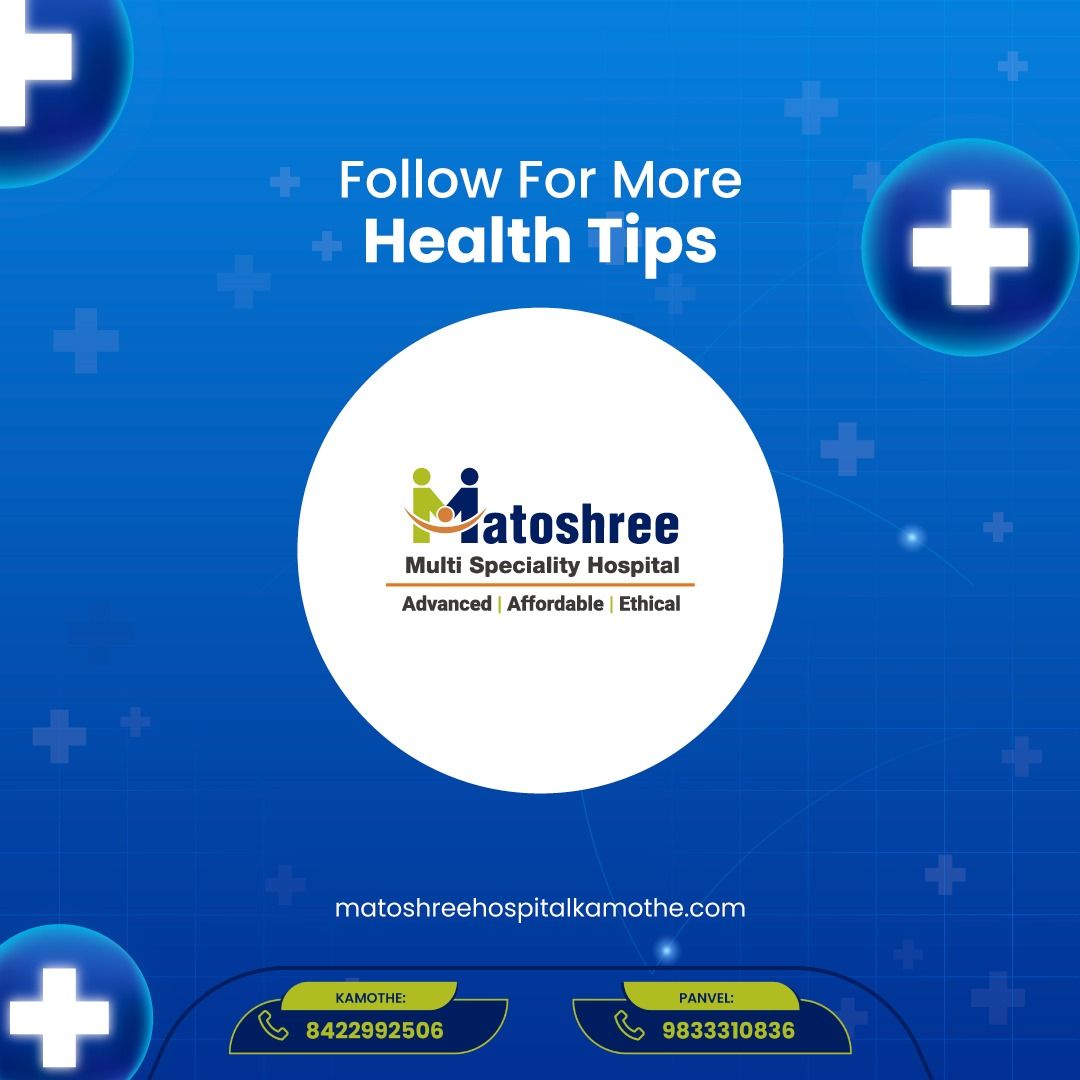Pregnancy is a very important time when there is a need for more care and concern, especially as far as the nutritional needs of a woman are concerned. Low hemoglobin (Hb) level is one of the common health conditions in pregnancy and can lead to anemia. It is thus crucial to understand the mechanism of how to increase Hb in pregnancy for the health of mother and child.
Hemoglobin is a protein found in red blood cells that carries oxygen around the body. When a woman is pregnant, her blood volume expands, so her body requires extra iron in order to make the additional hemoglobin.
Causes of Low Hb in Pregnancy
Decreased hemoglobin concentration in pregnant women is caused mostly by iron deficiency. The condition may also be caused by deficiencies in other nutrients such as folic acid, vitamin B12, or other underlying diseases. They may present with symptoms of fatigue, weakness, dizziness, shortness of breath, and pallor.
How to Raise Hb in Pregnancy: Lifestyle and Dietary Tips
1. Iron-Rich Foods
The easiest way to raise hemoglobin levels is by increasing your intake of iron from a regular diet. Include iron-rich foods such as:
Green leafy vegetables (spinach, fenugreek, amaranth)
Legumes (lentils, chickpeas, beans)
Red meat, poultry, and fish
Eggs
Dry fruits such as dates, raisins, and apricots
Iron-fortified cereals and grains
2. Vitamin C Intake
Vitamin C helps in the better absorption of iron from plant sources. Include citrus fruits like oranges, lemons, kiwis, strawberries, and tomatoes in your meals to enhance iron absorption.
3. Folic Acid and Vitamin B12
These vitamins are essential for red blood cell production. Include foods like broccoli, bananas, fortified cereals, dairy products, and lean meats to maintain adequate levels.
4. Avoid Iron Blockers
Some foods and beverages can inhibit iron absorption. Avoid consuming tea, coffee, and calcium-rich foods (like milk or cheese) along with iron-rich meals. If you need calcium supplements, take them at a different time from your iron supplements.
5. Iron Supplements
In many cases, dietary changes alone may not be enough, especially if Hb levels are significantly low. Doctors often prescribe iron supplements during pregnancy. It’s important to follow the dosage and recommendations carefully, as excessive iron can cause constipation or other side effects.
6. Regular Monitoring
Routine prenatal checkups should include hemoglobin tests. Keeping track of your levels allows early intervention if they begin to drop.
7. Hydration and Physical Activity
Staying hydrated and engaging in light physical activity, such as walking or prenatal yoga, supports better blood circulation and overall health, indirectly aiding hemoglobin production.
Conclusion
Knowing how to increase Hb in pregnancy is vital to ensure a healthy and safe pregnancy journey. By incorporating iron-rich foods, supporting nutrients, and healthy habits, pregnant women can maintain optimal hemoglobin levels. Always consult with a healthcare provider before making significant dietary changes or starting any supplements. A proactive approach to managing hemoglobin can reduce the risk of complications during delivery and promote better health outcomes for both the mother and the baby.





Comments